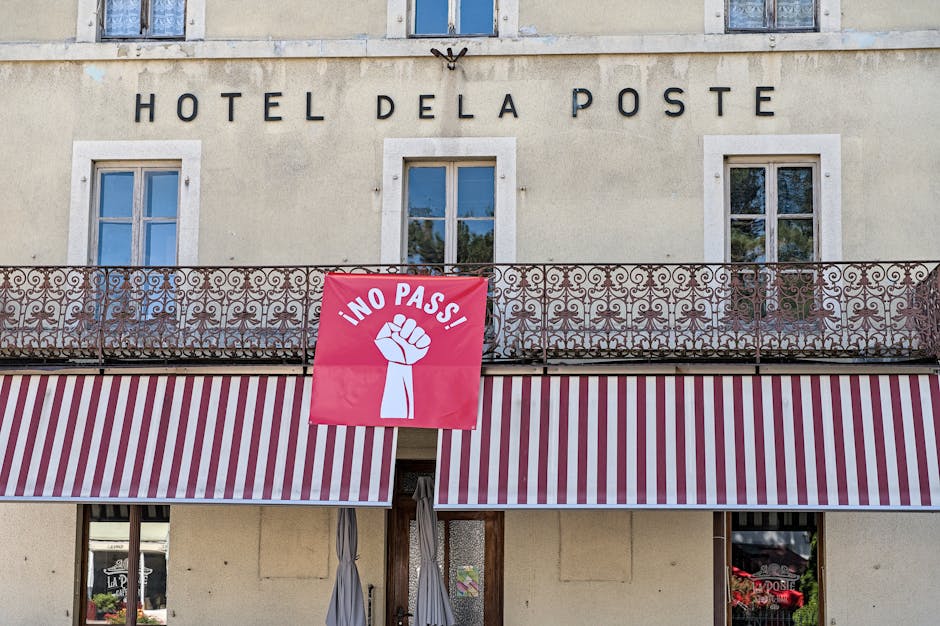The Growing Pains of European Tourism: An Analysis of Anti-Overtourism Protests
The Growing Pains of European Tourism: An Analysis of Anti-Overtourism Protests

Recent protests across Southern Europe highlight a growing conflict between the economic benefits of tourism and its negative impacts on resident communities. Demonstrations in Spain and Italy, organized under the banner of “Sud d’Europa contra la Turistització” (Southern Europe against Overtourism), saw thousands take to the streets to voice their concerns about uncontrolled tourism.
The protests, marked by actions such as water pistol firings, smoke displays, and sticker campaigns targeting businesses, underscore the depth of frustration felt by residents. Key slogans like “Your holidays, my misery” and “mass tourism kills the city” encapsulate the sentiment that the influx of tourists is negatively impacting the quality of life for locals.
Barcelona, a city attracting 26 million tourists annually despite a population of 1.6 million, served as a focal point for the demonstrations. While authorities reported approximately 600 participants in the Barcelona protest, the event underscores the broader issue of overtourism impacting numerous European cities. Similar demonstrations occurred in other Spanish cities including Ibiza, Malaga, Palma de Mallorca, San Sebastian, and Granada, alongside protests in Italian cities such as Genoa, Naples, Palermo, Milan, and Venice.
Protesters’ concerns center on the impact of tourism on housing costs and affordability. The argument that tourism generates jobs and prosperity is being challenged by residents who feel displaced by rising prices and the transformation of their neighborhoods into tourist hubs. This is exemplified by the planned construction of two hotels in Venice, adding 1,500 beds, which has spurred local opposition.
Barcelona’s initiative to ban tourist apartment rentals by 2028 reflects a growing recognition of the need for sustainable tourism management. However, the protests suggest that more radical measures may be needed to address the concerns of residents. Eva Vilaseca, a 38-year-old participant in the Barcelona demonstration, articulated this sentiment, calling for a significant reduction in tourist numbers and a shift towards alternative economic models.
The backdrop to these protests is a projected 11% increase in international travel spending in Europe this year, reaching $838 billion. Spain and France are expected to receive record numbers of tourists, highlighting the urgency of finding sustainable solutions to manage the impacts of tourism on local communities. The protests serve as a powerful reminder of the need for a balanced approach, one that prioritizes both economic growth and the well-being of resident populations.
Disclaimer: This content is aggregated from public sources online. Please verify information independently. If you believe your rights have been infringed, contact us for removal.